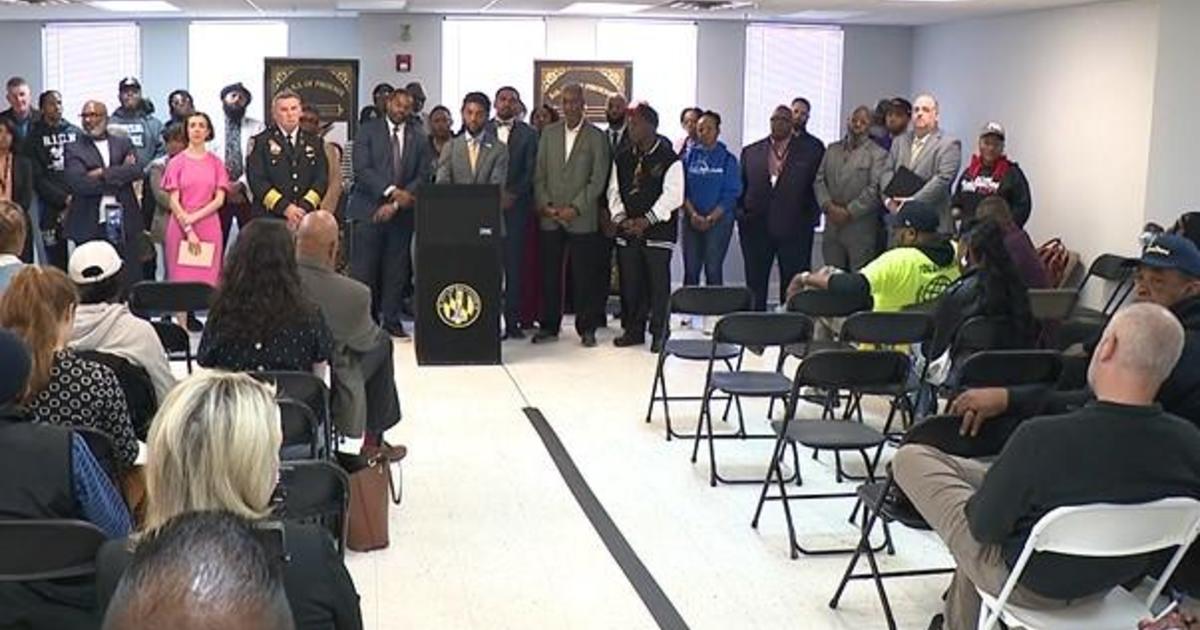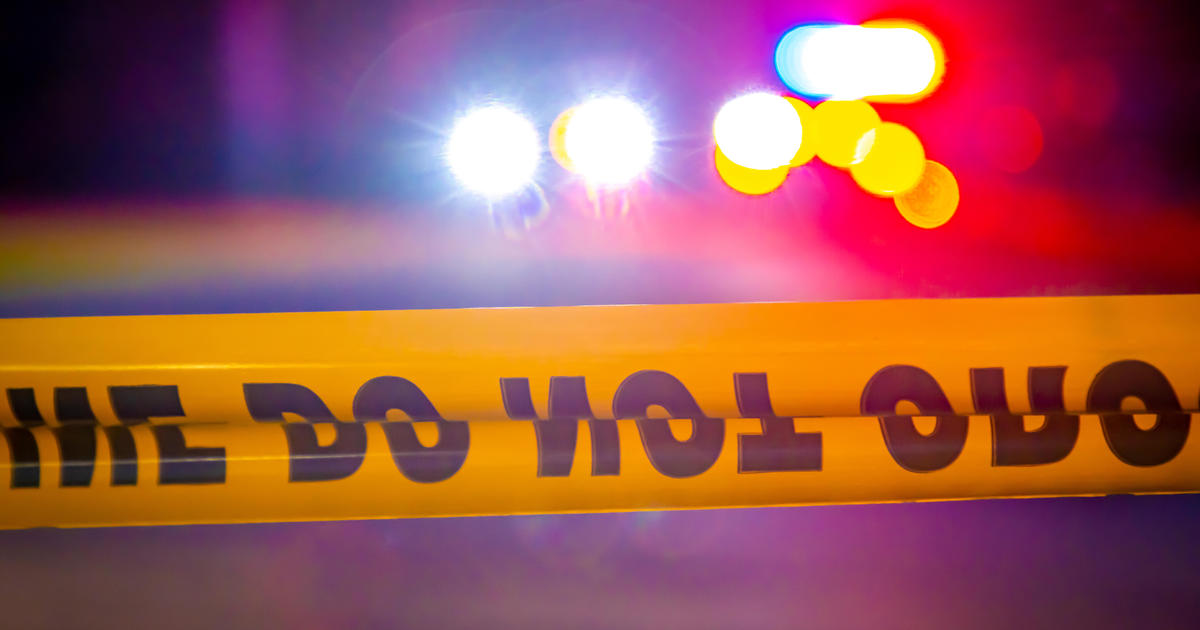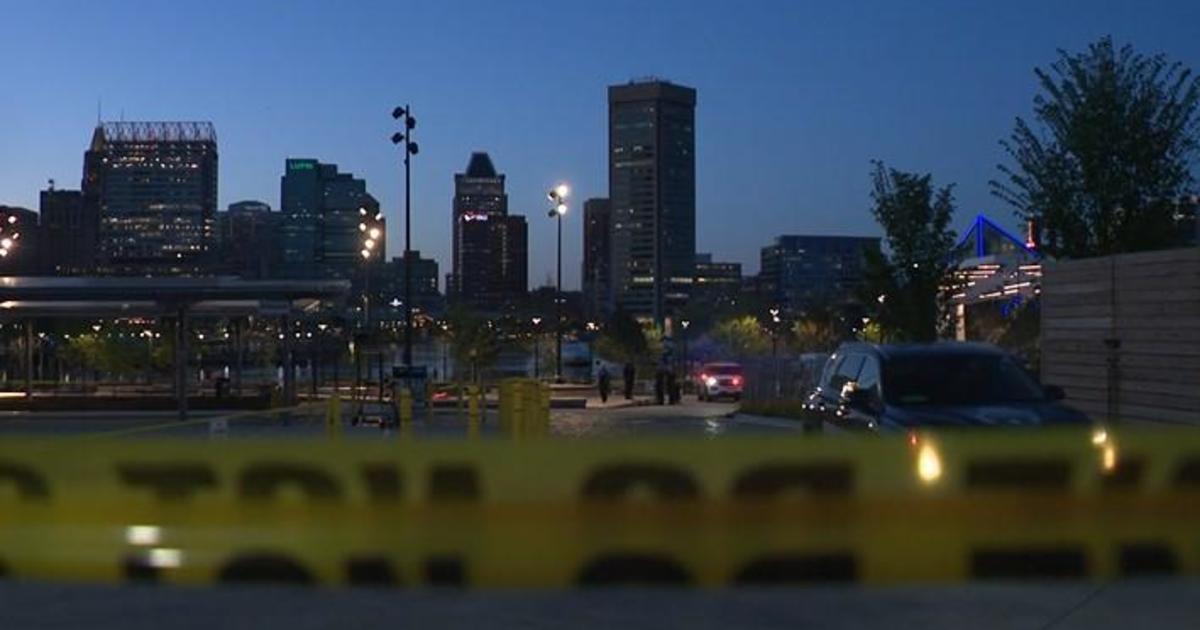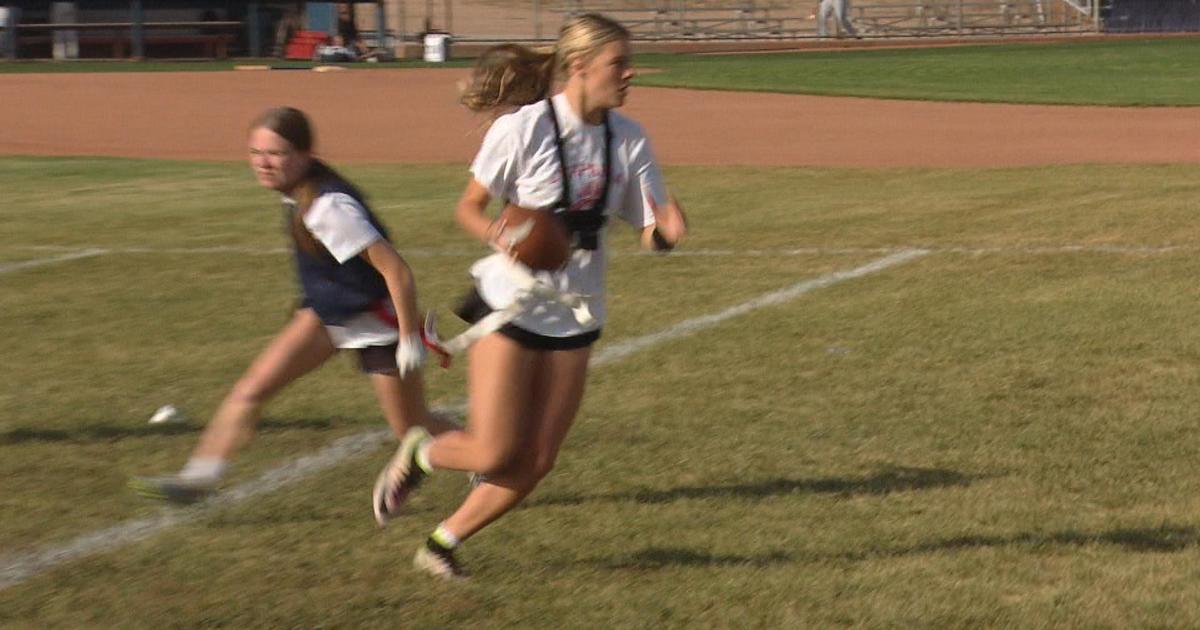Some See Differences Between Perceptions Of Waco, Baltimore
WASHINGTON (AP) -- The prevailing images of protests in Baltimore and Ferguson, Missouri, over police killings of black men were of police in riot gear, handcuffed protesters, tear gas and mass arrests. The main images of a fatal gun battle between armed bikers and police in Waco, Texas, also showed mass arrests -- carried out by nonchalant-looking officers sitting around calm bikers on cell phones.
The firefight in Waco is raising questions about perceptions and portrayals of crime in America, considering the vehement reaction that the earlier protests got from police, politicians and some members of the public.
Media critics, columnists and civil rights activists are complaining that there appears to be little societal concern about the gunplay at a restaurant in Texas, whereas politicians -- including President Barack Obama -- described violent looters in Baltimore as "thugs," and the media devoted hours of television and radio airtime to dissecting social ills that affect the black community.
On Twitter, #wacothugs and #whiteonwhitecrime were trending, with columnists around the nation debating the differences.
The shootout at a Twin Peaks restaurant in Waco left nine people dead and 18 injured. About 170 bikers have been charged with engaging in organized crime, with bond at $1 million for each suspect. Mugshots show an array of suspects: white, Hispanic, a white woman and a man who looked black.
Police said the fight started because a vehicle rolled over a man's foot. That caused a dispute that continued inside the restaurant, where fighting and then shooting began, before the violence spilled back outside, they said. About 50 weapons were confiscated, mostly knives and firearms. However, police said a final count could show there were more than 100 weapons.
Officials said the nine dead were Bandidos and Cossacks members, ranging in age from 27 to 65. Preliminary autopsy results showed all nine were killed by gunshots. Police have acknowledged firing on armed bikers, but it was unclear how many of the dead were shot by gang members and how many were shot by officers.
There were no deaths during the Baltimore and Ferguson protests, yet people immediately stereotyped all of the protesters as criminals, said Nicole Lee, a human rights lawyer who worked with protesters in both cities.
"Nine people were killed in Waco, and yet you have not heard the level of disgust and dismay as you did over fires burning in Ferguson and in Baltimore," Lee said. "One of the things the protesters always said was that while many of them disagreed with the property destruction, that you can rebuild property. But you can't bring back people, and yet you're not hearing an equal amount of disgust from the media and from people over what happened in Waco."
Civil rights attorney Charles F. Coleman Jr. said only minority communities get blamed for violence, while no one blames white families or white communities for fatal violence by white men, characterizing such events instead as "isolated incidents." This despite the fatal school shooting sprees in Newtown, Connecticut, and Columbine, Colorado, and rioting by college students celebrating victories or upset at sports losses, Coleman said.
"But when you look at Ferguson, or you look at a Baltimore, when you look at these sorts of incidents, we have a tendency vis-a-vis the media to actually question why it happened to the victim, and we go further and then we impute liability on the entire community and sort of do this systematic victim blaming of black America," he said.
Texas Monthly's Dan Solomon wrote in a column Monday that comparing Waco with Baltimore or Ferguson "was probably not an apples-to-apples situation."
"But it's nonetheless difficult to imagine that if a shoot-out involving dozens of young black men that ended with nearly 30 casualties had happened in a strip mall in Waco, it would be perceived as an isolated incident involving only the people who drew their guns -- or that police would be chatting and friendly with people in the area in gang attire afterward," Solomon wrote.
(Copyright 2015 by The Associated Press. All Rights Reserved.)



